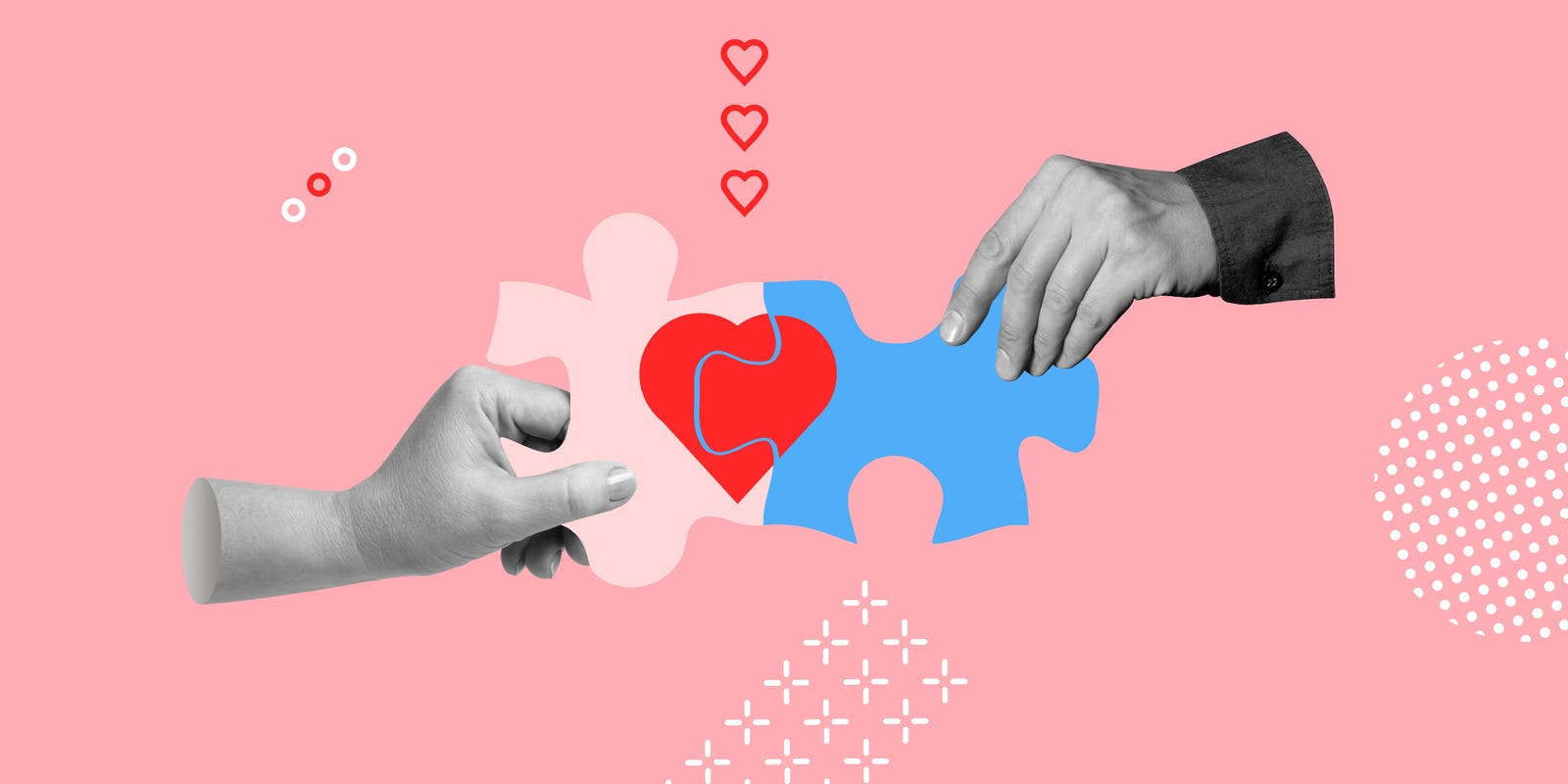LONDON, ENGLAND – JULY 13: Jannick Sinner (ITA) [1] with the winner’s trophy after winning his … More
When fans and sports analysts witness an incredible win in a championship game, they assume that the athlete is feeling pure joy for a while. But what happens in the days and weeks after the celebrations and media interviews? It’s far less glamorous and quite often psychologically challenging.
Wimbledon this past week was a great example of a Grand Slam title that one would assume would bring immense satisfaction and happiness to the winners. However, what many fans don’t recognize is the months of preparation, hours of practice, and the tremendous pressure leading up to that single moment. After the win, athletes are often left with a “what now?” mental hurdle. The emotional crash that follows high-stakes success is a common, yet frequently unaddressed, phenomenon in all professional sports.
The Post-Competition Letdown: Why It Happens
Winning on the world’s biggest stages can paradoxically end up with athletes feeling lost. Sports psychiatrists and sport psychologists often refer to this as “post-competition blues” or “post-Olympic blues.” This phenomenon has been described as “athletes who experience negative emotions and mental health issues following the Olympic games, and is characterized by a period marked by increased anxiety, depression, burnout, and challenges in adjusting back to everyday life,” according to BMC Sports Science, Medicine and Rehabilitation Journal. During this post-competition period, athletes may experience anxiety, depression, burnout, or other challenges. Outside of the winners, athletes who experience a loss and unmet expectations may experience more negative reactions.
For some elite athletes, on the other hand, the emotional crash can be even more intense after a win than a loss. In some sports, there is a competition only a few times a year or maybe once a year, so when elite athletes spend the year preparing for a singular moment, including training, sacrificing, and identity-development around a goal, the “what now?” feeling after achieving it can be destabilizing.
TOPSHOT – Sloane Stephens of the US celebrates after defeating compatriot Venus Williams during … More
“I totally agree—when you work so hard for something and you finally achieve it, there is a what do I do now moment,” says Grand Slam tennis champion and humanitarian Sloane Stephens. “Some people’s lives completely change—you’re a superstar, there’s media, and so many things to do, so it’s more off-court things that affect you on court,” she continues. “It’s so hard to be like, I had the most incredible moment of my life, but I still have to push and be better. That was my biggest struggle,” Stephens shares.
Stephens’ reflections mirror the research, where goal achievement can lead to a temporary collapse in sense of purpose. After a grand slam title, an NBA championship game, or the Super Bowl, routine and purpose suddenly pause, forcing athletes to confront the void that follows. It can feel like their structured and predictable routines are suddenly gone, which can be destabilizing from an emotional standpoint.
The Psychology And Physiology Of The Come-Down
The mental and emotional come-down after athletes perform at their peak is not only psychological, but also a physiological response. High-pressure situations, like competitions, can put the body into states of hyperarousal, where the body is surging with cortisol, adrenaline, and dopamine. When the stressor, such as the Wimbledon championship, is gone, dopamine levels can then drop, and the nervous system is left to recalibrate.
Stephens describes her own experiences after her Grand Slam win:
“I was actually very tired because I hadn’t played in almost a year. I had been through so much, so being away and traveling for six weeks, I was literally exhausted. When you go from such a high level and then try to recreate that, it’s hard. In tennis, not everyone wins every week. There’s so much regrouping and balancing, you’re learning new things every week.”
This cycle of high-intensity buildup followed by emotional depletion isn’t unique to tennis. Basketball players experience it after the NBA championships, NFL players go through it after the Super Bowl, and Olympians navigate it after the Olympic games.
Another psychological factor playing into mental health challenges after winning is the external pressure and expectation to continue winning. Athletes often feel misunderstood by fans and the media, especially during the post-victory blues. Stephens says, “The expectation is to continue to win. From a fan perspective, they don’t know what’s going on behind winning.”
How To Overcome Post-Competition Blues
The good news is that elite athletes and other high-performers can take proactive steps to reduce the chances of mental health disturbances after competition. Self-awareness is an incredibly important skill to develop to get ahead of the psychological impact of victory. Stephens says, “Being able to identify when you’re in this mode of next tournament/ next match—you can lose yourself sometimes. Over the years, I’ve learned how to care for myself in those ways.” For Stephens, self-awareness has been incredibly important. She uses a strategy she calls the “5 minutes of fury,” where she allows herself a brief window to stay exactly what she’s feeling without a filter to get it off her chest to be able to move forward.
Another important preventative measure athletes can take is preparing for life after sport. Since many athletes center their entire identity and self-worth around their sport, it leaves them more prone to feeling lost and destabilized when retirement comes.
“I definitely think that athletes are so focused during their careers that they never think there’s a life after,” Stephens says. “Exposing players and athletes to things they might be good at or interested in is a good way to help athletes figure out what they’re interested in—giving them an opportunity.” Stephens founded the Sloane Stephens Foundation 12 years ago to provide mental health programming to under-resourced youth. This has truly given her a sense of purpose outside of the game, strengthening her identity beyond her role as a tennis player. Stephens’ foundation is being honored at the ESPYs with the Muhammad Ali Humanitarian of the Year Award to mark her impact in creating mental health equity in youth sports. Her story is such a great example of how athletes can find meaning and purpose beyond their sports to better prepare for transitions after grand slams. It gives life meaning and purpose after a big game is over.
Sloane Stephens Foundation supports youth mental health.
We Need To Redefine Winning
The conversation around athlete mental health and well-being is rapidly evolving, yet there’s still a lack of understanding regarding what happens after the win. Victory can pose its own set of new psychological challenges, and there should be more resources in place to support athletes not only when they’re not meeting expectations, but also when they’re exceeding them. That means redefining winning, not just as the moment of triumph, but as the athlete’s sustained well-being after the game is over.









